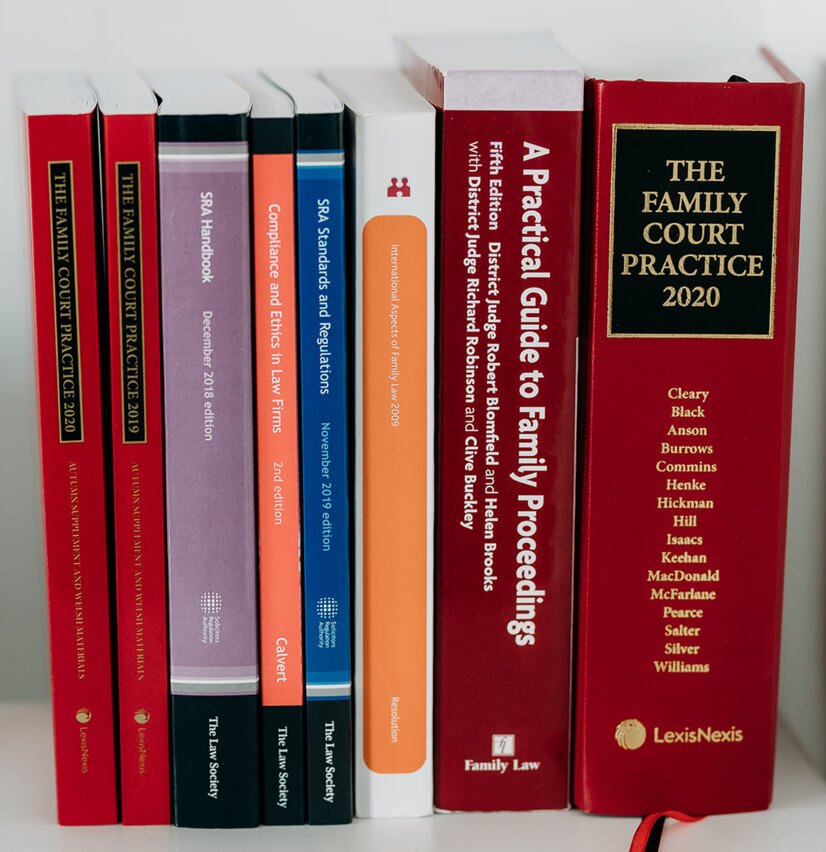



We’re recognised by the Legal 500 as a Leading Firm in a number of practice areas. That means that an external, objective body has scrutinised our competency and client reviews, and found us to be one of the top family law practices in the UK.
Our lawyers are members of Resolution, so we are committed to a Code of Practice which promotes a constructive approach to family issues that considers the needs of the whole family.







